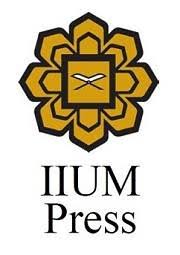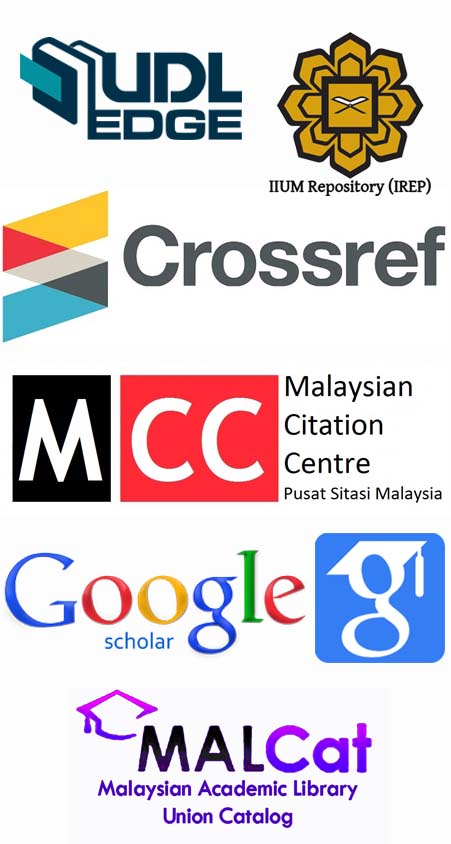The Role of Women in Achieving Sustainable Development Goals (SDGs) In Islam: An Analysis of Gender Equality and Women Empowerment in the Modern World.
DOI:
https://doi.org/10.31436/alburhn.v7i2.329Keywords:
Sustainable Development,, Islam,, Gender equality, Women empowermentAbstract
This study will investigate the role of women in achieving sustainable development goals (SDGs) in Islam, especially gender equality and women empowerment in the modern world. The source and method of data collection and analysis will be based on the qualitative approach, which involves textual analysis, and data will be collected from books and journal articles. To reach the goals of this research, we will examine how women contribute to achieving sustainable development goals in line with Islamic principles. The Islamic approach is crucial for reaching these goals as it emphasizes a balanced realization of human rights, consumer welfare, social justice, ecological balance, and economic progress. Achieving these aims is not possible without the active involvement of women. The study will also investigate gender equality issues related to sustainable development goals, exploring the scientific approach Islam provides to women's rights and roles in various sectors like social, economic, political, religious, and educational domains. Islam grants them an independent identity and provides their inheritance rights, marriage, and participation in developing sectors. Overall, this research will evaluate the role of women in achieving sustainable development goals (SDGs), which are focused on gender equality and women empowerment based on Islam.
Downloads
References
REFERENCES:
Ahmed, L. (1986). Women and the Advent of Islam. Signs: Journal of Women in Culture and Society, 11(4), 665–691.
Ask, K., & Tjomsland, M. (2021). Women and Islamization: Contemporary dimensions of discourse on gender relations. Routledge.
Badran, M. (2013). Political Islam and gender. In The Oxford Handbook of Islam and Politics.
Baraz, Y. (2010). Islamic modernism: Responses to western modernization in the Middle East. Inquiries Journal, 2(05).
Esquivel, V. (2016). Power and the Sustainable Development Goals: A feminist analysis. Gender & Development, 24(1), 9–23.
Esquivel, V., & Sweetman, C. (2016). Gender and the Sustainable Development Goals. Gender & Development, 24(1), 1–8. https://doi.org/10.1080/13552074.2016.1153318
Islam, M. S. (2016). Importance of Girls’ Education as Right: A Legal Study from Islamic Approach. Beijing Law Review, 07(01), Article 01. https://doi.org/10.4236/blr.2016.71001
Hekmat, A. (1997). Women and the Koran: The status of women in Islam. Prometheus Books Amherst, NY.
Morton, S., Pencheon, D., & Squires, N. (2017). Sustainable Development Goals (SDGs), and their implementation. British Medical Bulletin, 1–10. https://doi.org/10.1093/bmb/ldx031
Islam, M. S. (2016). Importance of Girls’ Education as Right: A Legal Study from Islamic Approach. Beijing Law Review, 07(01), Article 01. https://doi.org/10.4236/blr.2016.71001
Osmani, N., & Hossen, B. (2018a). Empowering women in Bangladesh: A study on the problems of working women in garments industries. European Journal of Social Sciences, 57(3), 277–289.
Osmani, N. M., Farooq, M. O., & Ahmad, A. U. F. (2020). Women Empowerment and Leadership in Islam between Myth and Reality (SSRN Scholarly Paper 3863246). https://papers.ssrn.com/abstract=3863246
The Noble Qur’an, Retrieved November 18, 2023, from https://legacy.quran.com/66/6
Sahih al-Bukhari, Sahih al-Bukhari—Afflictions and the End of the WorldSunnah.com—Sayings and Teachings of Prophet Muhammad Retrieved November 18, 2023, from https://sunnah.com/bukhari:7099
Sahih Muslim —The Book of Heart-Melting Traditions Sunnah.com—Sayings and Teachings of Prophet Muhammad, Retrieved July 5, 2022, from https://sunnah.com/muslim:2742
Sundholm, M. (2013, July 31). UN Women: The United Nations Entity for Gender Equality and the Empowerment of Women. Office of the Secretary-General’s Envoy on Youth. https://www.un.org/youthenvoy/2013/07/un-women-the-united-nations-entity-for-gender-equality-and-the-empowerment-of-women/
Uddin, A., Yusof, D. M., & Heravi, F. A. (2022). The empirical approach of revitalizing society in the twenty-first century: a short analysis of Sayyed Jamal al-din Afghani’s political thought. Journal of Asian and African Social Science and Humanities, 8(3), Article 3. https://doi.org/10.55327/jaash.v8i3.271
Uddin, A., Jahan, R., & Hasan, M. M. (2022,) The Contribution of Sir Maulana Abdur Rahim to Islamic Thought (On Women’s and Workers Rights).Journal of Comparative Study of Religions, 2(2)
Downloads
Published
How to Cite
Issue
Section
License
In general, reusing or reproducing substantial portions of al-Burhān content requires permission. This includes the use of text, figures, tables, multimedia content, and any other material published in any issues of al-Burhān Journal of Qur'an and Sunnah Studies. For some instances, al-Burhān may make its content freely viewable; however, such material may require permission for reuse. To seek permission, please contact the editorial.









